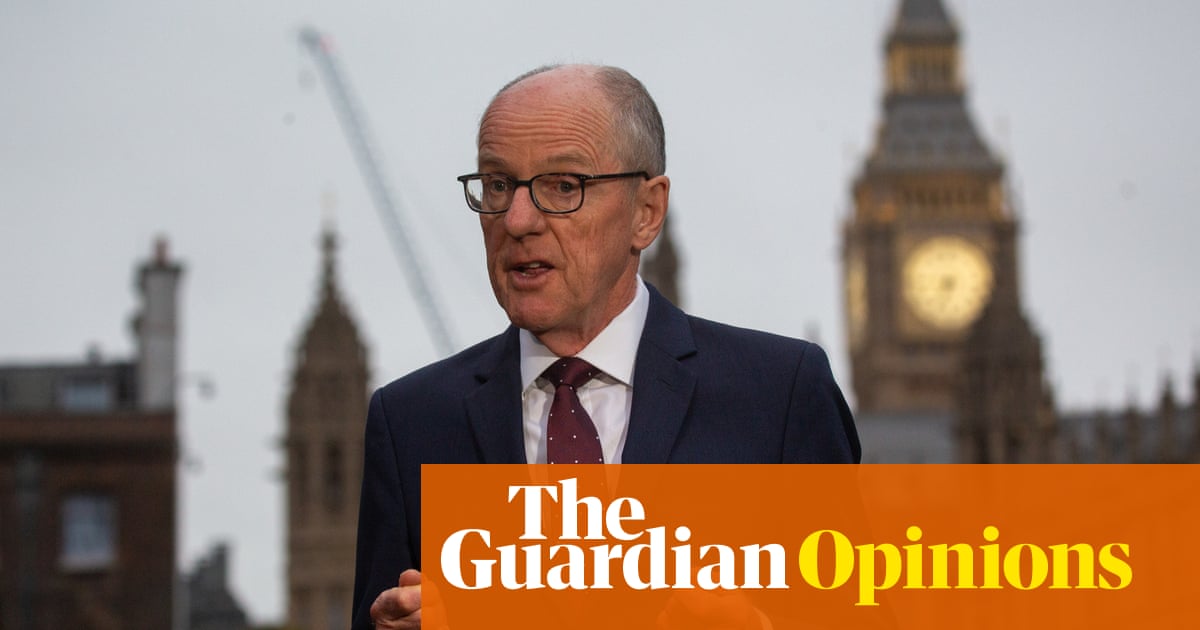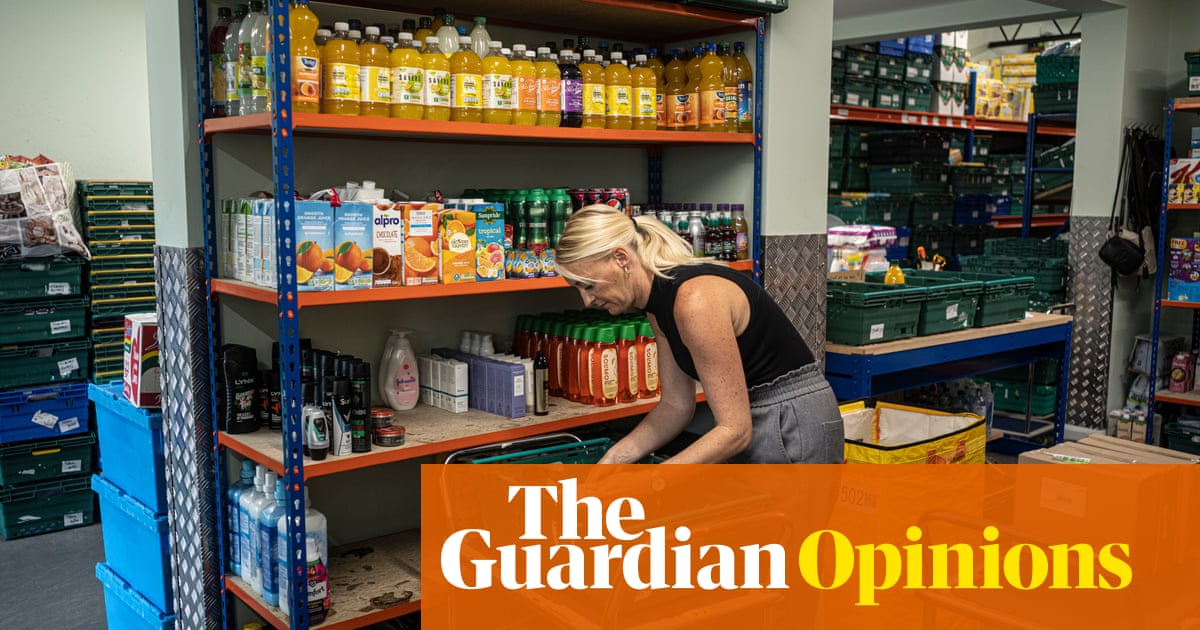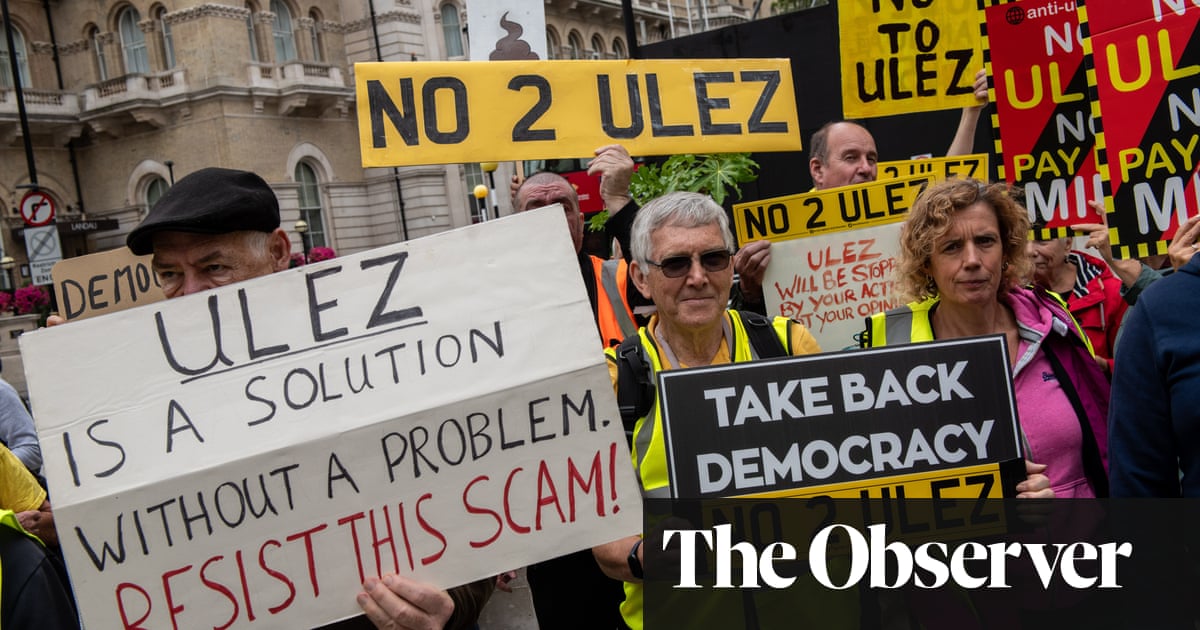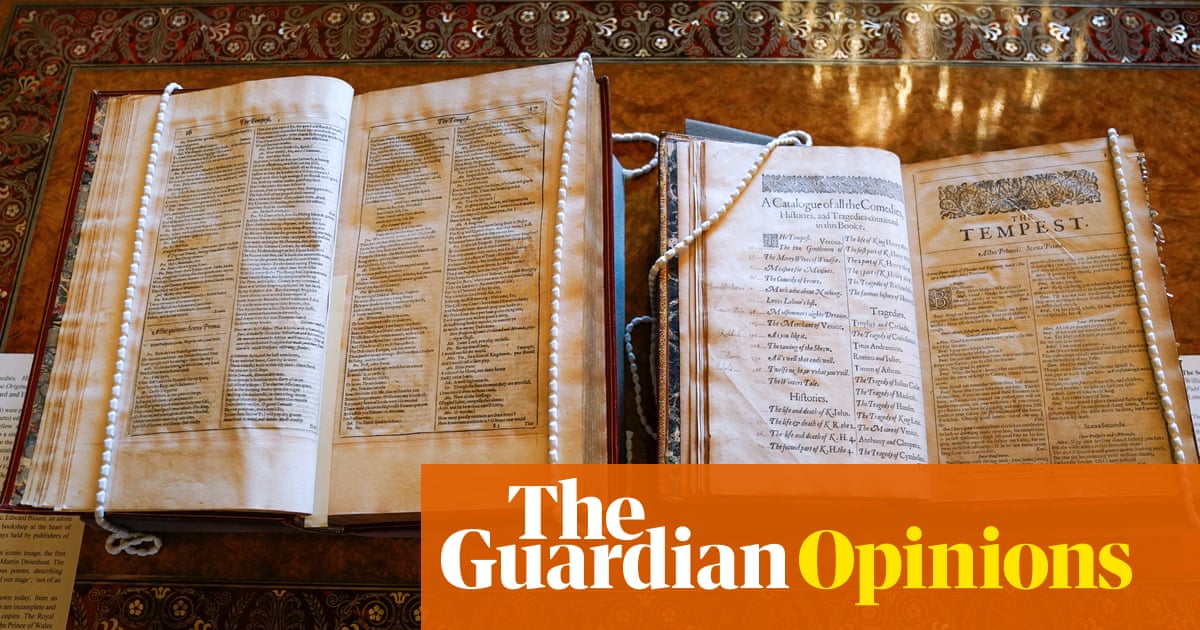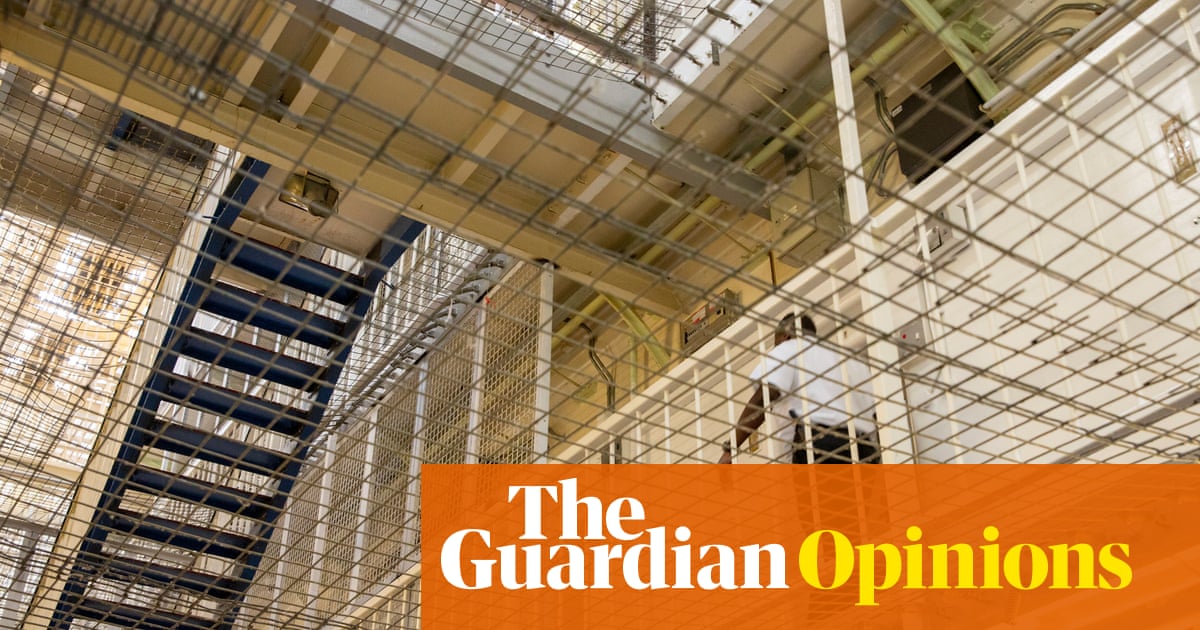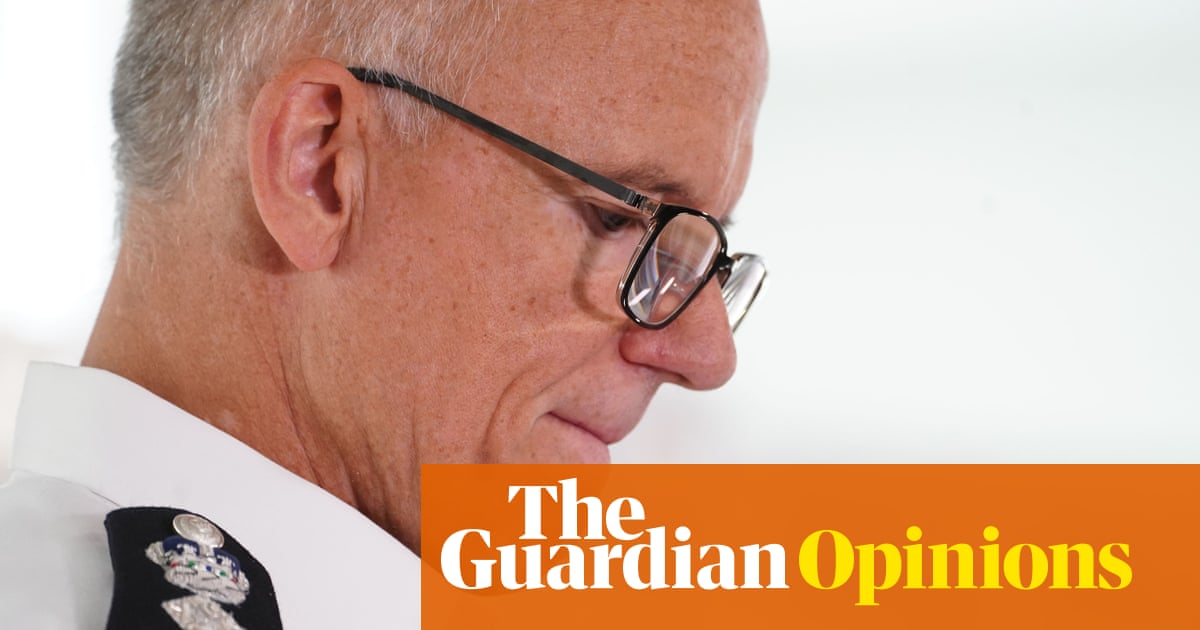
When Sir Mark Rowley was appointed as commissioner of the Metropolitan police, he pledged to oversee “the renewal of policing by consent” by rooting out corruption and rebuilding public trust. The force is widely acknowledged to be facing its worst crisis since the 1970s. Addressing past wrongdoing would, Sir Mark warned earlier this year, take time. While austerity is partly to blame for the state the force is in, so is an institutional culture that provides cover for discriminatory behaviour and criminal wrongdoing. Tackling this, while improving performance, requires robust external oversight as well as internal change.
The announcement last week that an officer has been charged with the murder of Chris Kaba, who was unarmed when he was shot in a car in south London in September last year, followed an investigation by the Independent Office for Police Conduct (IOPC) and a decision by the Crown Prosecution Service (CPS). These are the official bodies whose role it is to hold the force and its officers to account. So it is dismaying, given his stated commitment to reforming the Met and restoring confidence in it, that Sir Mark has responded by calling for the policies of both organisations, and the threshold for the use of force, to be reexamined now.
Far too often, robust scrutiny and accountability in relation to police actions (and inactions) have been lacking. Since these are essential elements of good governance, this is a serious problem all of the time. But the lack is felt most strongly in situations where members of the public believe that the police are at fault and, above all, when a person has lost their life as a result of police actions. In her review of the standards and culture of the Met, published last year, Dame Louise Casey highlighted shortcomings in the police’s response to an inquiry following another incident in which a man was shot dead. She also concluded that black Londoners are “over-policed”. As noted by previous inquiries, a disproportionately high number of black and minority ethnic people die in police custody.
Given how unusual it is for a police officer to be charged following a shooting, the reaction from colleagues was not surprising. More than 100 have handed in their weapons and are said to be considering their futures. Those in authority should have been prepared for this, urged officers to get on with the job and let justice take its course. But instead the home secretary, Suella Braverman, ordered a review of armed policing while signalling her support for “brave firearms officers” on social media. Then came Sir Mark’s letter.
The likeliest effect is further damage. Even when trust in London’s police is at a low ebb, we all depend on them. Perhaps the Met would be better off being broken up, as has been suggested. But Sir Mark seemed sincere in his determination to shake things up. Now, by indicating that he is unhappy with the IOPC and CPS, he appears to be opting for the status quo. What makes this particularly unwelcome is that the firearms unit was singled out in Dame Louise’s review as an example of what is wrong with the the organisation. She identified a culture of entitlement and subversion of authority. This intervention, from the top of government and the Met, risks perpetuating the dangerous idea that armed police officers should be immune to challenge.





